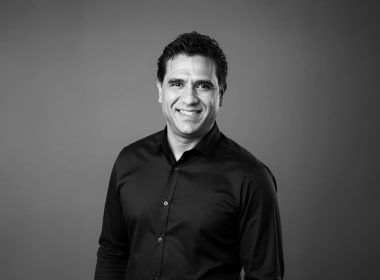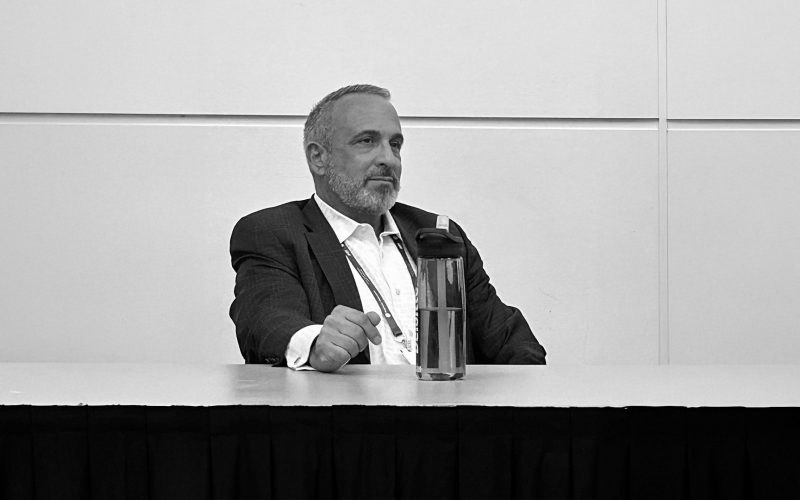Corporate finance leadership at the highest levels requires more than technical expertise. It demands strategic thinking, cultural understanding, and the ability to navigate complex global operations. Virginie Costa brings two decades of experience leading finance strategy and operations across some of the world’s largest companies, with CFO oversight spanning more than $11 billion in revenue and serving as a non-executive board director.
Taking a Strategic Approach to Corporate Finance
The role of finance leadership has evolved far beyond traditional accounting and reporting functions. Virginie emphasizes that successful finance strategy requires a fundamental shift in perspective. “In multi-billion dollar organizations, finance is no longer just about reporting results. It’s about shaping the future,” she explains. This transformation means finance leaders must influence investment decisions, business models, risk management, and even company culture.
The strategic mindset becomes particularly crucial when dealing with complex organizations spanning multiple markets and industries. Her experience across luxury, beauty, and consumer goods sectors has taught her that every financial decision carries broader implications. “Each decision impacts the strategic direction and operational effectiveness of the entire organization,” she notes. The challenge lies in connecting seemingly disparate data points to create coherent strategic narratives that drive business forward.
Mergers and Acquisitions Are About People, Not Just Figures
Most people think M&A is all about the financial modeling and deal structure. Virginie disagrees. “M&A is not just a financial deal. It’s a strategic transformation,” she says. The real question isn’t whether the numbers work on paper. It’s whether the deal makes sense for what the company is trying to become. Before you even start building models, you need clarity on the why. “Are you buying growth? Are you buying capability, market access or synergy?” she asks. These aren’t just nice-to-have questions. They’re the foundation that determines whether a deal will actually work or fall apart during integration.
Virginie has been on both sides of M&A integration. Some deals exceeded expectations. Others crashed and burned. The difference? “The financial modeling is actually the easiest part. The hard part is aligning cultures, systems, and leadership.” You can have perfect financial projections, but if you can’t get the people side right, you’re in trouble.
Building Compliance Into Company Culture
Compliance gets treated as a necessary evil at most companies. She sees it differently. “It must be built into the operating model. It cannot be reactive in complex global environments,” she argues. When you’re dealing with operations across 50+ markets as Virginie has, reactive compliance becomes impossible to manage. Every market brings its own headaches. Different standards, different currencies, different laws. She learned this the hard way. “You need strong internal controls, clear accountability, and very importantly, a culture of transparency,” she explains. The key is building systems that can handle local differences while maintaining global consistency. But here’s the thing most companies miss. “Good compliance isn’t just about avoiding penalties. It’s about protecting your license to operate and your assets,” Virginie points out. Bad compliance doesn’t just cost you money in fines. It can shut down your ability to do business entirely.
Her advice to younger finance professionals cuts against conventional wisdom. “Don’t just focus on being the best accountant in the room. Focus rather on being the most strategic,” she tells them. Technical skills matter, but they won’t get you to the top levels of finance leadership. The real career accelerator? Understanding how the business actually works. “Build strong fundamentals, but also learn the language of the business. Get involved in deals, in systems, in transformation,” Virginie suggests. She wants finance people to stop thinking of themselves as support functions and start acting as business partners.
She is particularly passionate about continuous learning. “Be known not just as a number person but as someone who makes things happen, and always keep learning and stay curious, especially around digital compliance and stakeholder management,” she advises. The finance function keeps evolving, and professionals who don’t evolve with it get left behind. Virginie continues sharing her insights through LinkedIn, where she focuses on corporate finance and transformation leadership. She also mentors emerging finance leaders and speaks at industry events about the real challenges facing finance professionals today.
Follow Virginie Costa on LinkedIn or via her website for deeper insights into strategic finance, transformation, and leadership in global enterprises.











